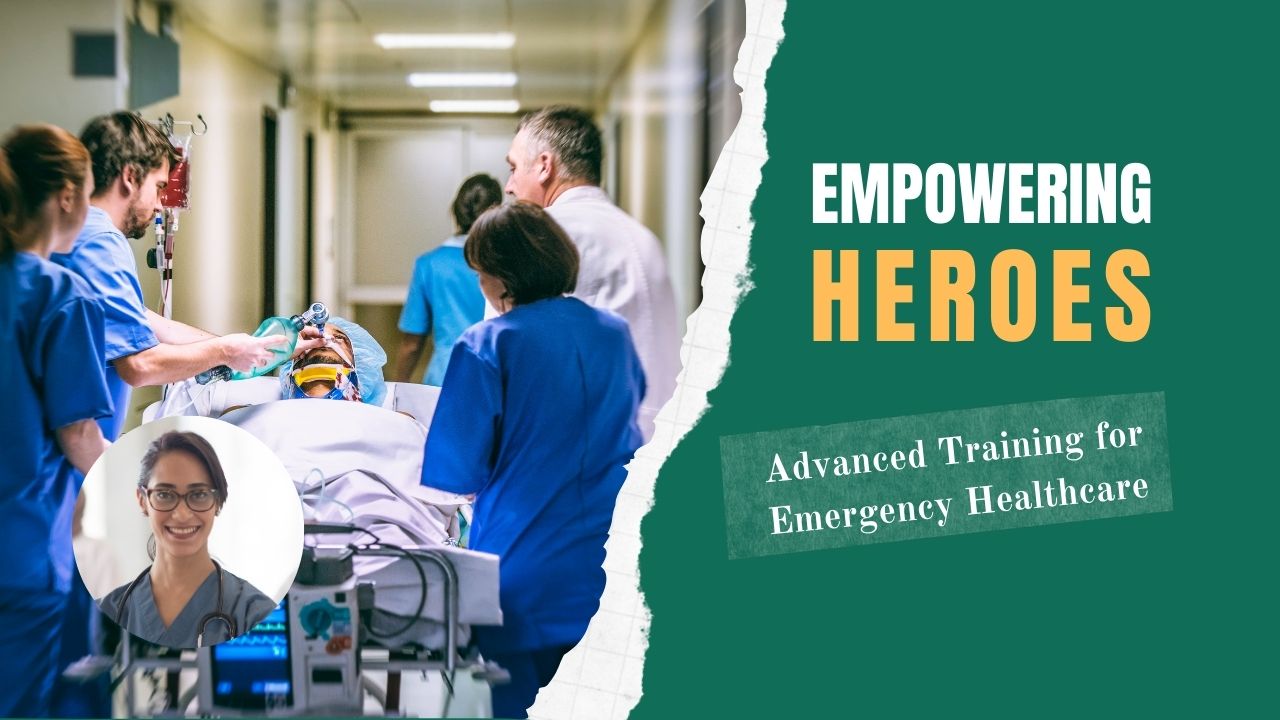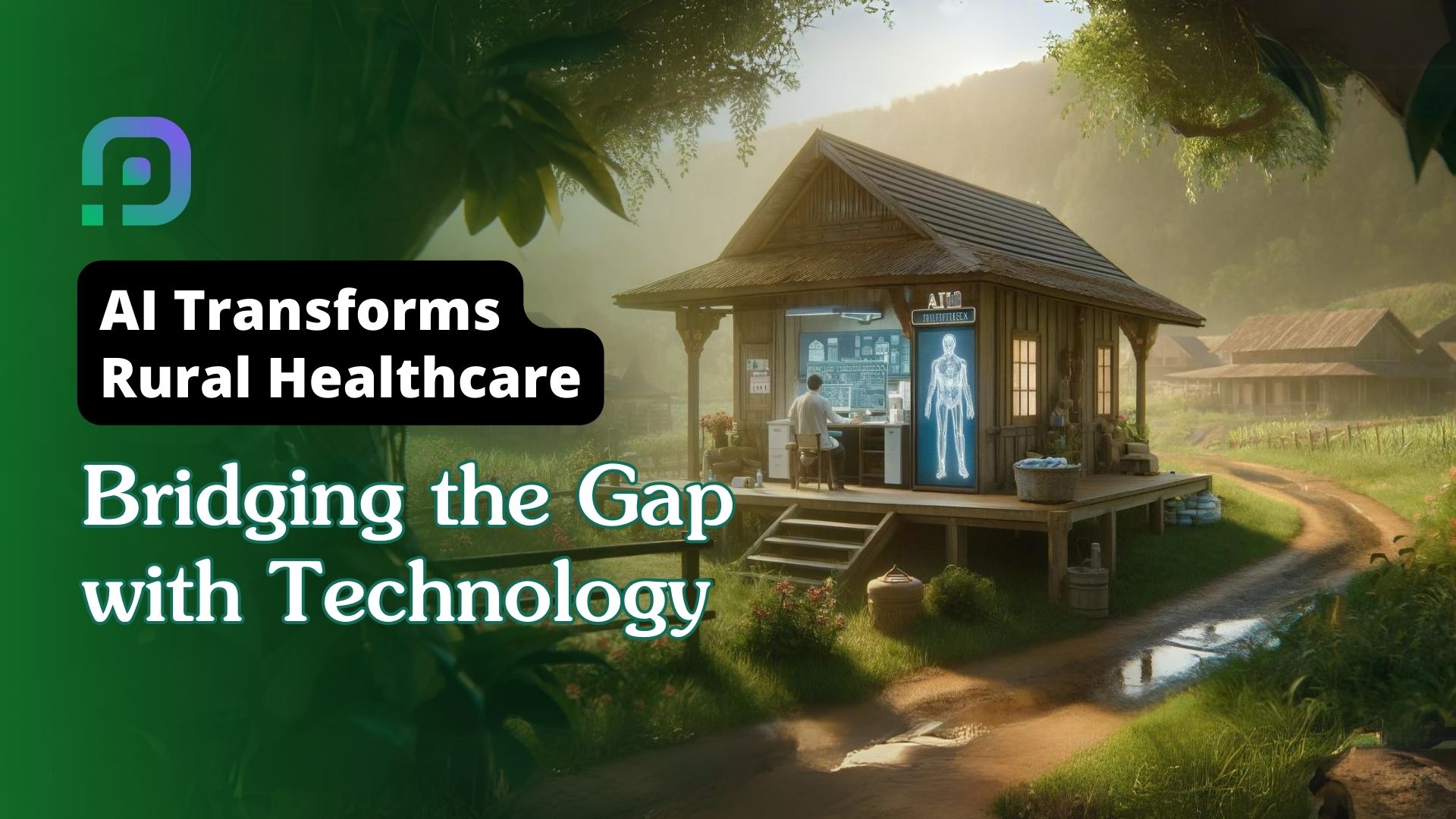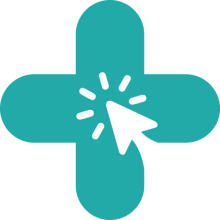Published - Tue, 14 Jun 2022

TIPS TO BETTER NIGHTTIME SLEEP
If
you're in good health, the short daytime sleep can help you catch up on sleep
after a late night, make you feel less irritable, or ensure you're well-rested
if you work outside of traditional daytime hours. They can also keep you safe
on the road by preventing accidents caused by drowsy driving.
Adults who take long naps during the day, for example, are more likely to develop diabetes, heart disease, and depression, according to some studies.
The desire to sleep during the day could indicate that they are not getting enough sleep at night, which is linked to a higher risk of chronic disease development. Drowsiness during the day could indicate that you are getting poor-quality sleep, which could indicate a sleep disorder. Napping can create a vicious cycle in some cases. You sleep during the day to make up for lost sleep at night, but because you slept during the day, you have a harder time falling asleep at night. One strategy for improving overall nighttime sleep is to limit naps during the daytime.
Long naps may aggravate sleep problems like insomnia or poor nighttime sleep quality.
Long naps can lead to two issues:
o Sleep
inertia: Have you ever felt groggy and foggy after waking up from a nap? The
cause is a phenomenon known as sleep inertia. We go through different stages of
sleep when we sleep. Later stages of sleep are more restful — and more
difficult to awaken from.
o Insomnia:
Sleeping too much during the day can make sleeping at night more difficult. The
next day, you wake up tired and tempted to take another long nap. It spirals
out of control.
If
you do decide to nap during the day, there are a few rules to follow to make
sure it doesn't interfere with your nighttime sleep.
·
Keep it short:
To avoid grogginess when you wake up, short sleep of around 20 minutes may be
the best option. Shorter naps can also help you avoid having trouble falling
asleep later in the day.
·
Get comfortable:
If you want to get a good night's sleep, find a quiet, comfortable spot where
you won't be disturbed.
·
Pick the right time to sleep:
The best time to sleep is in the early afternoon when your body's natural
circadian rhythm dips. It will be more difficult to fall asleep later if you
nap in the late afternoon or evening.
·
Examine your motivation:
If you need to nap during the day, it's important to consider why you're sleepy
enough to do so, especially if you nap regularly. Keep track of the number of
hours you sleep each night. Improve your sleeping habits if you aren't getting
enough. If you're getting at least seven hours of sleep per night and still
feeling tired during the day, talk to your doctor about it.
TIPS FOR BETTER NIGHTTIME SLEEP
·
Maintain a consistent sleep
schedule. Go to bed early and up at the same time every day.
·
Limit your intake of alcohol
and caffeine late in the day. Both of these things can make it difficult to get
a good night's sleep.
·
At least one hour before
bedtime, turn off all electronics. Screens, such as your television or phone,
emit blue light, which can make it difficult to fall asleep. As a result, turn
them off at least an hour before going to bed.
·
Workout regularly during the
day: Daily workouts during the day can help you get a better night's sleep.
·
Set the mood: If your room is
cool, dark, and quiet, you'll sleep better.
·
Be on the lookout for signs of
a sleep disorder: If you're sleeping the recommended seven to eight hours a
night but still feeling tired, see your doctor.
Created by
Rigomo Team
Rigomo is a leading online education platform that offers a wide range of courses to help individuals enhance their skills and achieve their career goals. With our user-friendly interface and expert instructors, we strive to provide high-quality education to everyone, anytime and anywhere. Join us today and take the first step towards a brighter future.
Rigomo is an e-learning platform that was founded in 2019 by a team of dedicated professionals with a passion for revolutionizing the way people learn. The platform offers a range of online courses that cover various industries, including business, technology, healthcare, and more.
Rigomo's courses are designed to be interactive and engaging, with a focus on practical skills that learners can apply in their careers. The platform uses a combination of video lectures, quizzes, and hands-on projects to help learners master the subject matter.
Rigomo is committed to providing affordable and accessible education to people around the world. The platform offers a range of pricing options, including monthly and annual subscriptions, as well as pay-as-you-go options for individual courses.
Since its launch, Rigomo has received numerous accolades for its innovative approach to e-learning. The platform has helped thousands of learners across the globe acquire new skills and advance their careers.
As Rigomo continues to grow, the team remains committed to providing high-quality education that is accessible to all. The platform is constantly updating its courses and features to ensure that learners have access to the latest tools and technologies.
Comments (0)
Search
Popular categories
Health and Wellness
231Skill Development
7Technology
5Community Impact
2Success story
2Creativity
1Latest blogs

DeepSchool: The Story of an Idea That Refused to Sit Still
Tue, 02 Dec 2025

Transforming Emergency Care: The Story Behind Rigomo's Revolutionary PPMMP Course
Sun, 12 May 2024

Empowering Rural Healthcare: How Pogiko's AI is Bridging the Gap in Medical Services
Thu, 25 Apr 2024

Write a public review